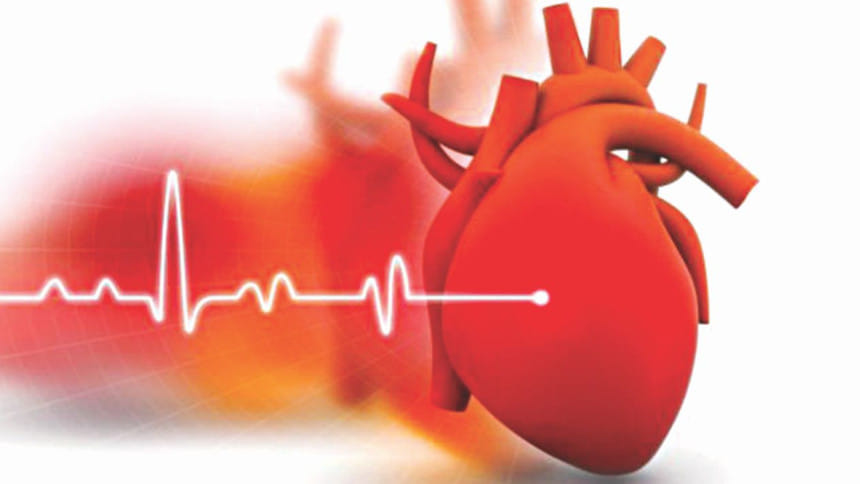Share the power

Cardiovascular disease (CVD) is the world's most common cause of death. 31% of global deaths are from CVDs. By 2030, over 23 million deaths will be from CVDs. Low and middle income countries are the most affected by CVD deaths. Many CVDs are preventable by addressing behavioural risk factors. The World Health Organisation (WHO) targets to reduce premature deaths from non-communicable diseases (NCDs) of which CVDs make up the largest proportion.
World Heart Day takes place on 29 September every year and is a chance for people across the globe to take part in the world's biggest interaction against CVDs. The theme of this year's World Heart Day is "Share your Power". On World Heart Day, our focus is on creating heart healthy environments by ensuring that people are able to make heart healthy choices wherever they live, work and play.
Among the cardiovascular diseases hypertension is an important medical and public health issue because it is common and increases the risks of cardiovascular and kidney disease. Hypertension, or high blood pressure, is dangerous because it can lead to strokes, heart attacks, heart failure, or kidney disease. The goal of hypertension treatment is to lower high blood pressure and protect important organs. High blood pressure is now classified as a blood pressure greater than 140/90 mmHg in people under age 55, and greater than 150/90 mmHg in people over age 55.
Anyone can develop high blood pressure. Lifestyle changes can help you control and prevent high blood pressure, even if you are taking blood pressure medication. Here is what you can do:
♦ Eat a healthy diet. Try the Dietary Approach to Stop Hypertension (DASH) diet, which emphasises fruits, vegetables, whole grains, poultry, fish and low-fat dairy foods. Get plenty of potassium, which can help prevent and control high blood pressure. Eat less saturated fat.
♦ A lower sodium level — 1.5 gm a day — is appropriate for people 51 years of age or older, and individuals of any age who have hypertension, diabetes or chronic kidney disease. Otherwise healthy people can aim for 2.3 gm a day or less.
♦ Keeping a healthy weight, or losing weight if you are overweight or obese, can help you control your high blood pressure and lower your risk of related health problems. If you are overweight, losing even 5 pounds/2.3 Kilograms can lower your blood pressure.
♦ Regular physical activity can help lower your blood pressure, manage stress, reduce your risk of several health problems and keep your weight under control.
♦ Tobacco injures blood vessel walls and speeds up the process of hardening of the arteries. If you smoke, ask your doctor to help you quit.
♦ Reduce stress as much as possible. Practice healthy coping techniques, such as muscle relaxation, deep breathing or meditation. Getting regular physical activity and plenty of sleep can help, too.
♦ Home blood pressure monitoring can help you keep closer tabs on your blood pressure, show if medication is working, and even alert you and your doctor to potential complications. Home blood pressure monitoring is not a substitute for visits to your doctor, and home blood pressure monitors may have some limitations. Even if you get normal readings, do not stop or change your medications or alter your diet without talking to your doctor first.
At the advent of the new millennium, we are unaware of our real situation, whereas, heart related problems are getting epidemic proportion worldwide. We have no more time to lapse. Large-scale, preferably, nation-wide survey, and clinical research should be conducted to determine the different aspects of these problems in Bangladesh. The information available thereby, would help to formulate national policy to combat the deadly epidemic more efficiently.
The writer works at the Department of Cardiology at Bangabandhu Sheikh Mujib Medical University, Dhaka.
Email: [email protected]

 For all latest news, follow The Daily Star's Google News channel.
For all latest news, follow The Daily Star's Google News channel. 



Comments